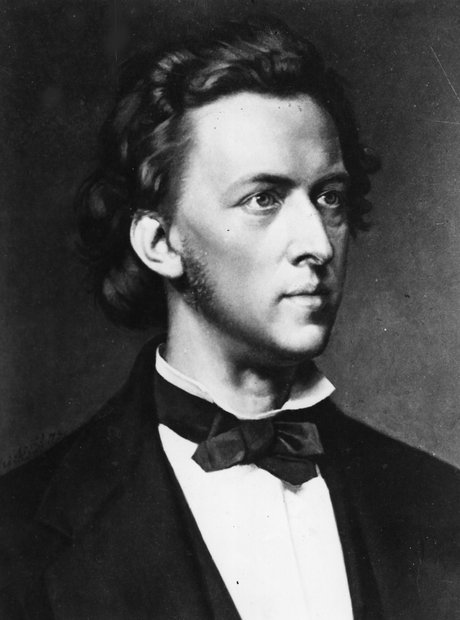

He was encouraged by composer Robert Schumann, who reviewed his Variations, Op. The Polish national spirit would pervade some of his larger works, including the so-called "Revolutionary" Etude (the Etude in C minor, Op. Chopin returned to Warsaw but departed again, first for Vienna, where he heard news that Poland's uprising against its Russian, Prussian, and Austrian rulers had failed. During this period, he wrote his two piano concertos, which contain much of the typical brilliant style of virtuoso piano music of the era, but show the development of a gift for distinctive melody, both ornate and emotionally deep.

That year, Chopin set out on a tour of Austria, Germany, and France. He quickly outstripped the talents of most of Warsaw's top piano and composition teachers, and when he graduated from the Main School of Music in 1829, professor Józef Elsner pronounced him a genius. In these rustic surroundings, he was exposed to both the classics of keyboard music (including, significantly, those of Bach), by teachers who immediately recognized him as a prodigy, and to Polish folk music, which would be reflected in a pioneering musical nationalism. He was a progressive who revolutionized the harmonic content, the texture, and the emotional quality of the small piano piece, turning light dance forms, nocturnes, and study genres into profound works that were both daring and deeply inward.īorn Fryderyk Franciszek Chopin to a French father and a Polish mother, probably on March 1, 1810, he was a native of Zelazowa Wola village west of Warsaw. Frédéric Chopin was the most famous composer of Polish origin in the history of Western concert music.


 0 kommentar(er)
0 kommentar(er)
